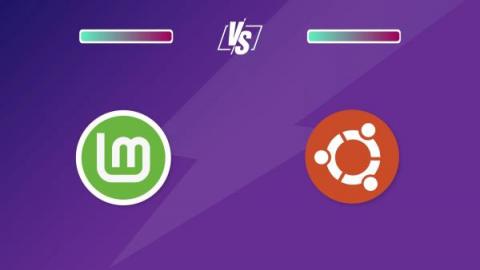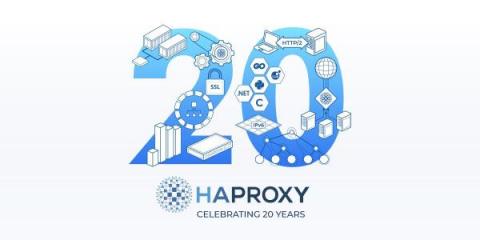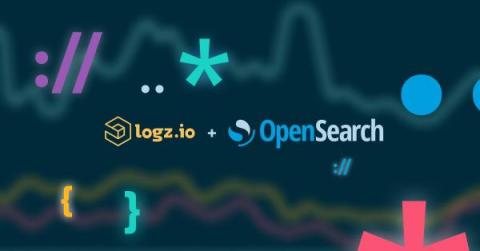Operations | Monitoring | ITSM | DevOps | Cloud
Open Source
Linux Mint vs Ubuntu: Who will win?
Linux is an open-sourced operating system for computers, smartphones, servers, mainframes, and embedded devices. The main advantage of Linux over other operating systems is that Linux is an open-source operating system, which means that you can view, edit, customize, enhance, and share the code with anyone. The release of Linux garnered a huge community of contributors that created a variety of features and distributions for users at no added cost.
How we manage CI sensitive data for our Open Source deployment Engine
Making an Open Source Software with sensitive data and dozens of external integrations is a real challenge, here are feedbacks and tradeoffs we've made.
History of Open Source Identity Management (part 2)
This is the second blog post (part 1 available here) where we look at the history of open source identity management. This post focuses on Oauth and OpenID, the protocols currently used in modern applications and services. This post does not cover the technical details of the open source identity management standards, which are explained very well in this Okta blog post. Rather, it explains the origins of Oauth and OpenID, and provides insights on the context that led to their creation.
An invitation to cluster
HAProxy Celebrates 20th Anniversary in Open Source
Logz.io Moves to Embrace OpenSearch at the Core of its Platform
As Logz.io prepares to hold its annual ScaleUP user conference tomorrow, celebrating another amazing year of customer success and continued advancement of our observability platform, we’ve got exciting news to share about our involvement with the OpenSearch project.
Understanding Alamofire Swift and Why is it So Powerful for iOS Development
$10M Funding for OpenSSF, Using AI to Innovate 3D Printing, and More Open Source News - Open Source Matters
Welcome to the 5th edition of Open Source Matters: our regular publication about the latest happenings in open source! Let’s dive into the news.
History of Open Source Identity Management (part 1)
Few computing concepts are as ubiquitous as identity and access management. There isn’t a single day that goes by without us being asked for credentials, passwords or pin codes. Yet very few know the origins and the evolution of the technologies behind them. This is the first of two blog posts where we will look at the history of open-source identity management. We will cover the main open-source protocols and standards that shaped it, from its origins to the modern days.











